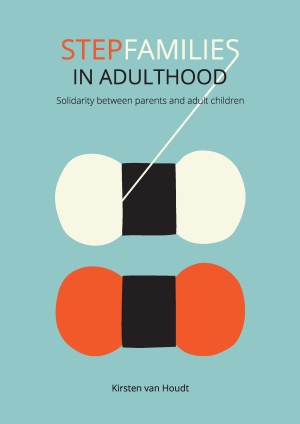Beginning in 2016, this project focused on one of the important consequences of the Second Demographic Transition – the increasing complexity of families. Funded by an ERC Advanced Grant, the aim of this project is to study how rising family complexity has affected two fundamental aspects of intergenerational relationships: reproduction and solidarity. The principal investigator is Prof. dr. Matthijs Kalmijn. The research team, coordinated by Dr. Katya Ivanova (Tilburg University), is embedded in the Families & Generations group at NIDI.
One of the important consequences of the Second Demographic Transition has been the increasing complexity of families. The aim of this project is to study how rising family complexity has affected two fundamental aspects of intergenerational relationships: reproduction and solidarity. Theoretically, family complexity is distinguished into four dimensions: (a) the length, timing and nature of exposure to the child, (b) biological relatedness to the child, and (c) characteristics of parent-parent ties (triadic effects), and (d) characteristics of the wider family network. By studying reproduction and solidarity as outcomes, the traditional focus is shifted from examining how the Second Demographic Transition has affected individual well-being, to the question of how the Second Demographic Transition has affected relationships. Theoretically, the study of family complexity yields unique opportunities to test ideas about the nature of intergenerational relationships and will shed new light on the traditional dichotomy of social vis-à-vis biological bases of intergenerational relationships.


